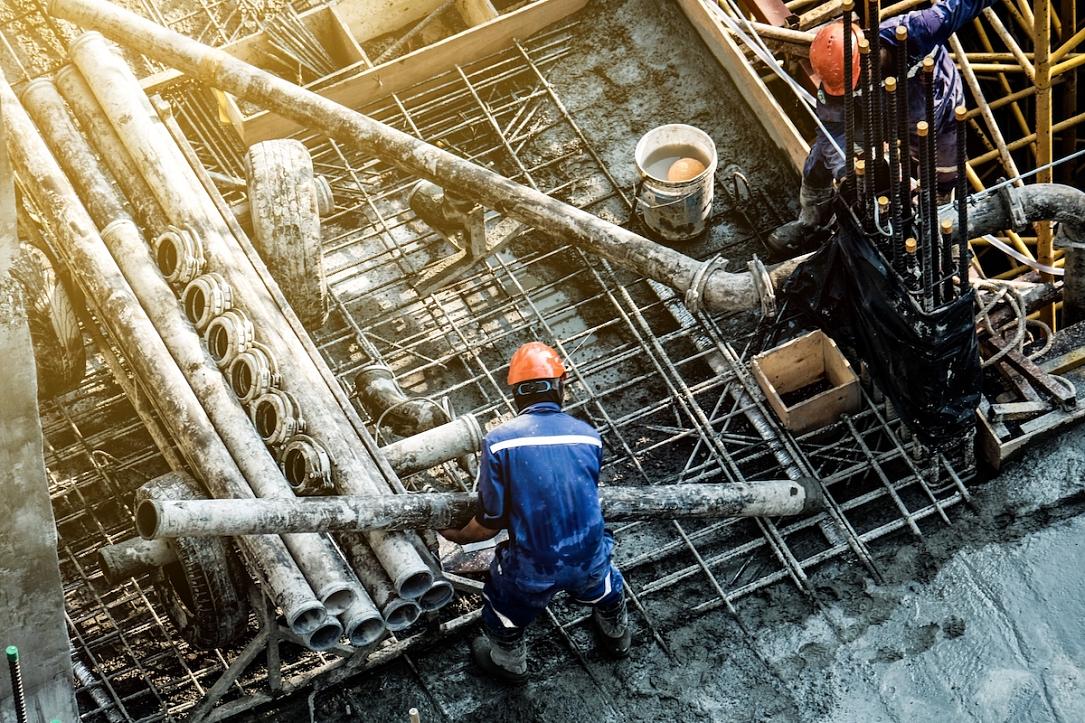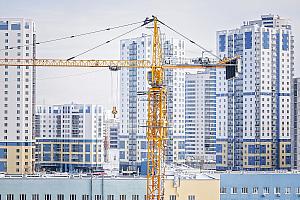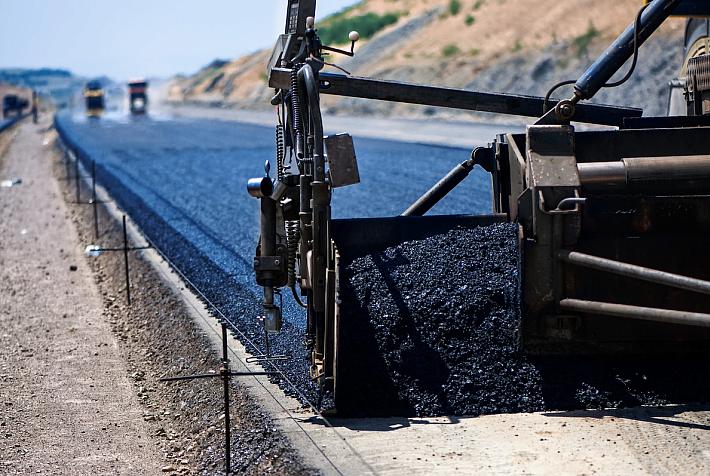Real estate developers argue “major administrative blockages” hit Romania’s economic growth

An uncertain urban climate and major administrative blockages, especially in Bucharest, resulted in a considerable negative impact on the national GDP, according to a report by the Association of Real Estate Investors from Romania (AREI).
On the other hand, it can be argued that faster real estate development in regions outside Bucharest can only be beneficial for the reduction of the wide regional discrepancies in terms of economic development and stock of real estate assets.
The contribution of the construction sector and real estate transactions to the structure of the GDP in Bucharest is below the national average, standing at 12.8% in 2023, 2 percentage points down from the peak recorded in 2020.
Also, Bucharest has a decreasing contribution to the formation of GDP at the national level, reaching only 29.4% in 2023 (the minimum of the last decade), compared to 34.6% in 2021, 36.2% in 2020 or 37% in 2019.
The negative effects are already visible, AREI argues, the uncertainty generated by the urban climate having negative economic consequences.
The lost taxes, caused by the uncertainty of urban planning regulations and the administrative blockage at the level of Bucharest, are estimated by AREI at RON 18bn (EUR 3.6bn) for the period 2023-2026.
The largest part of the loss (over RON 10bn) is expected for 2025-2026, though. The impact is major, considering the size of the RON 11.6bn budget approved by Bucharest municipality (not including the six districts’ budgets) in 2023.
(Photo: Thanakorn Hormniam/ Dreamstime)
iulian@romania-insider.com












